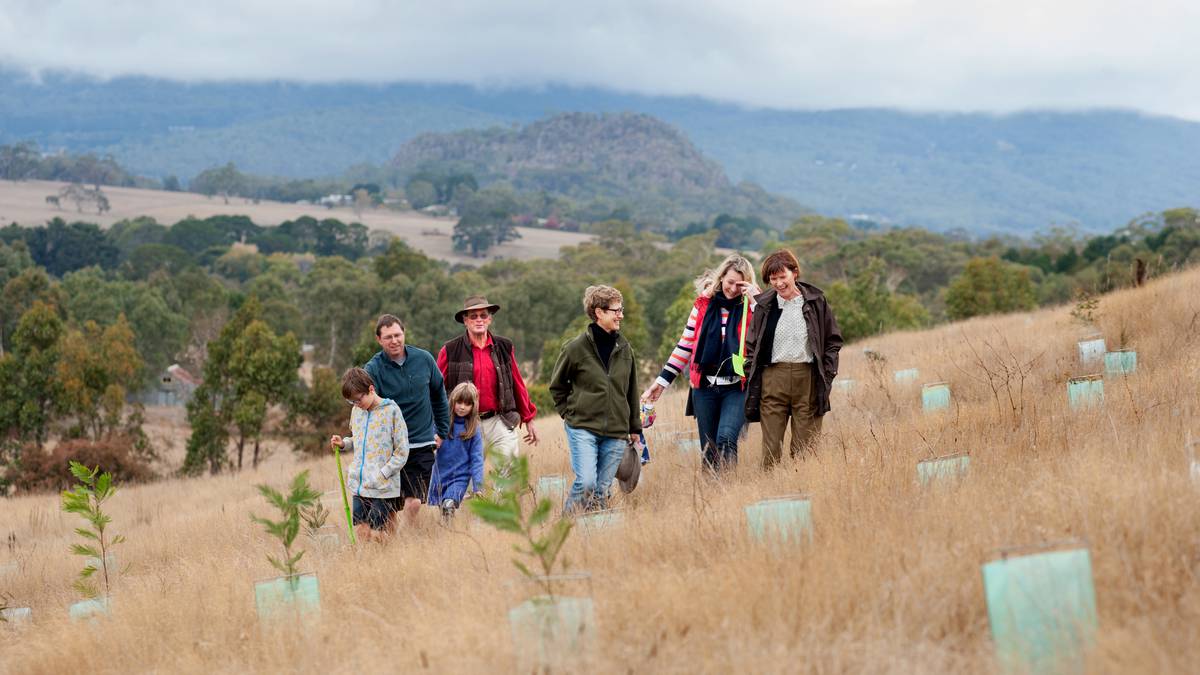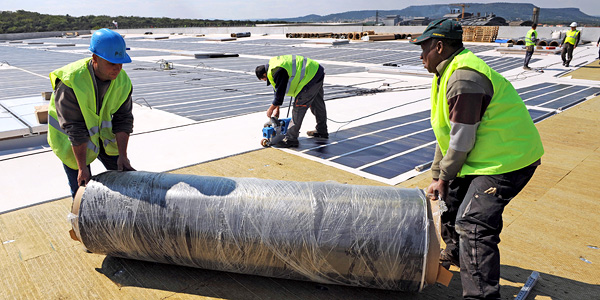Selling climate action with the promise of community cohesion

Rather than up-selling climate action with the prospect of economic gain, it’s the co-benefit of stronger communities that’s been shown to win over hearts and minds
Published 14 December 2015
Finally the world is in a place where the climate change discussion has shifted away from questioning how it’s happening to figuring out what to do about it, as global leaders turn their attention to convincing people to accept climate action.
University of Melbourne social psychologist Yoshi Kashima says getting the public to engage with the complexities of climate change is a ‘hard one’, but a research paper on which he collaborated with international colleagues may have outlined a road map for at least getting people’s attention.

“The claim that climate action will grow global economies has been around for a while in the climate change conversation,” he says, “and it’s in line with the policy rhetoric that leaders like Barack Obama and Malcolm Turnbull seem to have in play.”
Dr Kashima says these politicians probably want the public to believe that investment in green technologies in line with ideas of ecological modernisation will increase economic growth and produce a co benefit, although we will have to monitor whether these policies actually work.
But he says a study published in Nature Climate Change conducted by a team of social scientists around the world, which he coordinated with colleagues in Queensland and New Zealand, has shown that across nationalities, it’s the co-benefit of bringing communities together that seems to really galvanise people’s interest, and most effectively persuades people to accept there’s urgent need for change.
“Our study shows the most consistent selling point for climate action is the promise of increased communality, and it’s true in every country, regardless of the level of economic development,” Dr Kashima says.
No matter where you go and what you do people put a very high value on having a communal society

“Our study showed arguing for ecological modernisation based on economic benefits is effective in countries that are relatively poor, but not as effective in countries that are rich.
“In places like Australia, one of the wealthiest countries in the world, people aren’t especially concerned about economic development. They think it’s ok now, if we can maintain the current level of wealth.
“In fact, if you ask people a point blank question, most have an optimistic view of the long-term development. What they really fear is a loss of community, that is, that community connections are being degraded.”
If that all sounds like Psychology 101, it pretty much is, and aligns with the well-known Maslow’s Hierarchy of Needs.
Dr Kashima says economic drivers have less impact on people’s thoughts and behaviours once a certain level of material comfort is attained
“There’s evidence to suggest that people in the world’s so-called post materialist society feel that continuous growth and economic development, and the pursuit of wealth as a life goal, is not as high a priority as it once was.”

It may not be true for people on the extreme ends of the wealth distribution bell curve, but it appears that for most of us, getting richer becomes less of a goal the richer we become as a society in general. Individuals begin to care more about leading a fulfilling life, and community is a big part of the overall wellbeing picture.
That doesn’t necessarily mean however that buoyed by relative affluence everyone would get on board with taking climate action.
Complicating matters is the fact that people generally come to decision-making positions about major issues from a deep-seated ideological and political bias, which colours their understanding of any substantiating information or science with which they’re presented.
“The picture that’s emerging in countries like the US and Australia is that opinions about climate change have polarised politically and seem to be staying that way,” Dr Kashima says.
“The conservative end often accepts that climate is changing, but tends not to accept human actions are causally linked to climate change and point to ‘natural fluctuations’, while at the most extreme end of that spectrum, hard right conservatives tend to deny climate change exists at all.
“Those on the more progressive side of politics have embraced climate change as something that has been proven, and are very concerned about it.”
Dr Kashima says this political polarisation tends to be fortified by hierarchical worldviews on the conservative side and egalitarian worldviews on the progressive side. Thus, there seems to be an ideologically motivated political polarisation.
Nonetheless, according to Dr Kashima, research suggests that even climate sceptics are persuaded by the argument that climate action can bring community together.
“The co-benefit of communal society appears to have a universal appeal – and therein may lie a hope and indeed an opportunity for humanity,” he says.
Banner image: Community action in the Upper Campaspe region of Victoria, Australia. Picture: uppercampaspe.org.au
